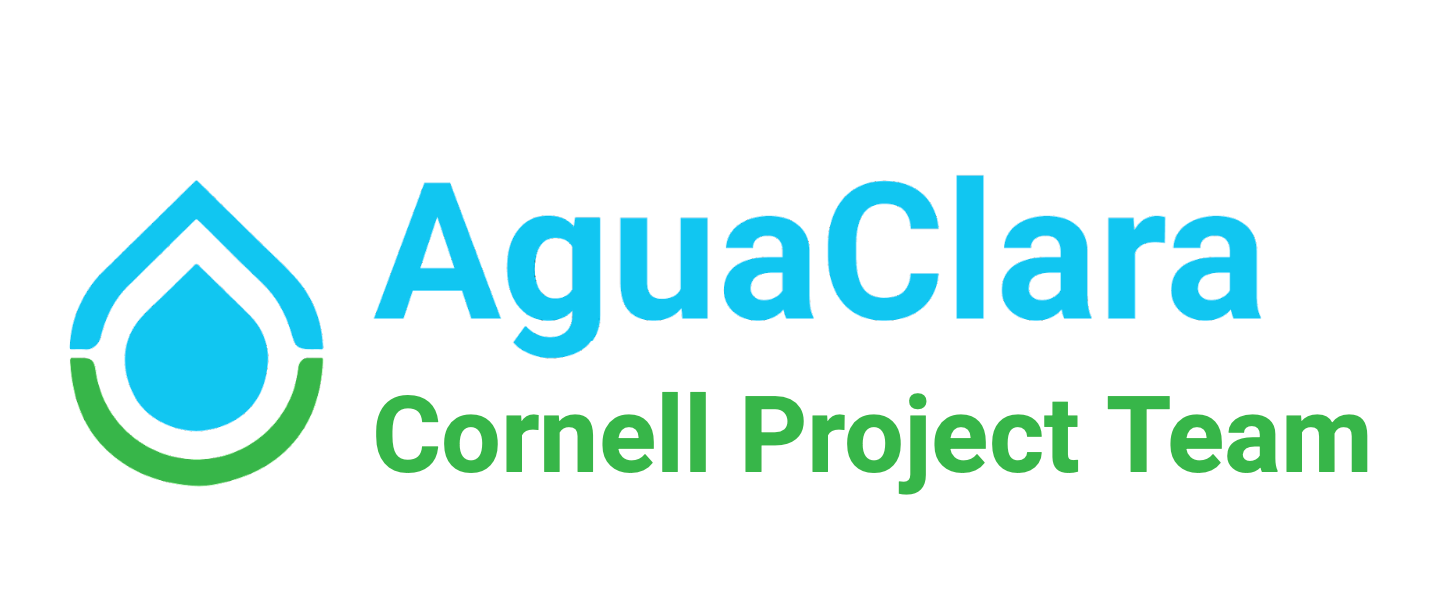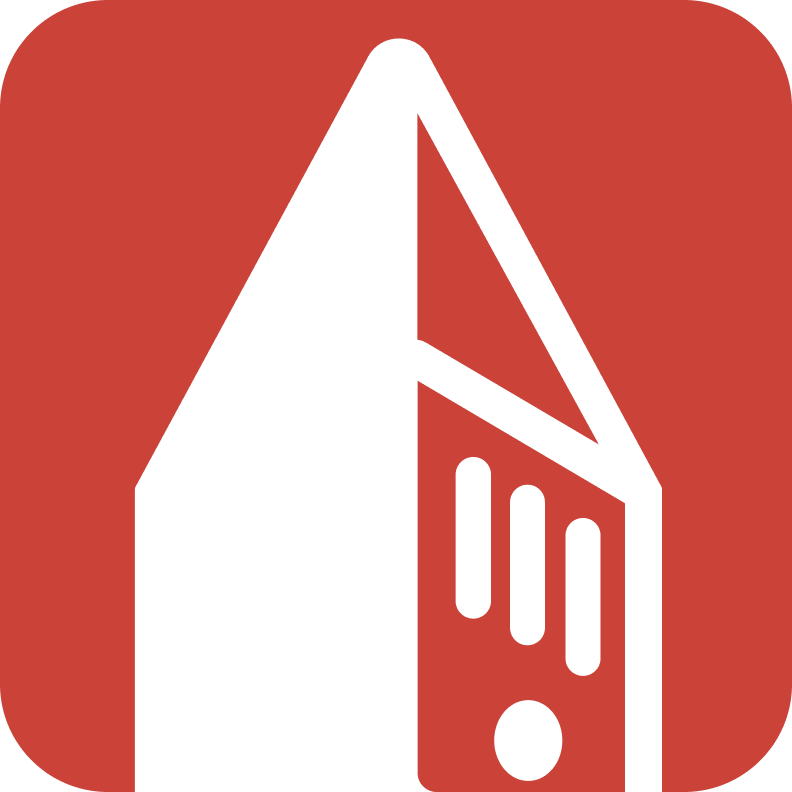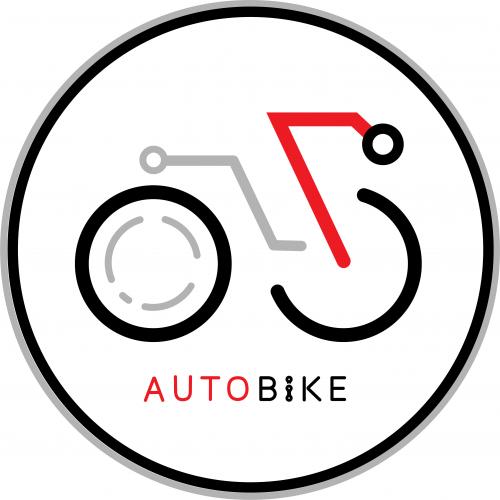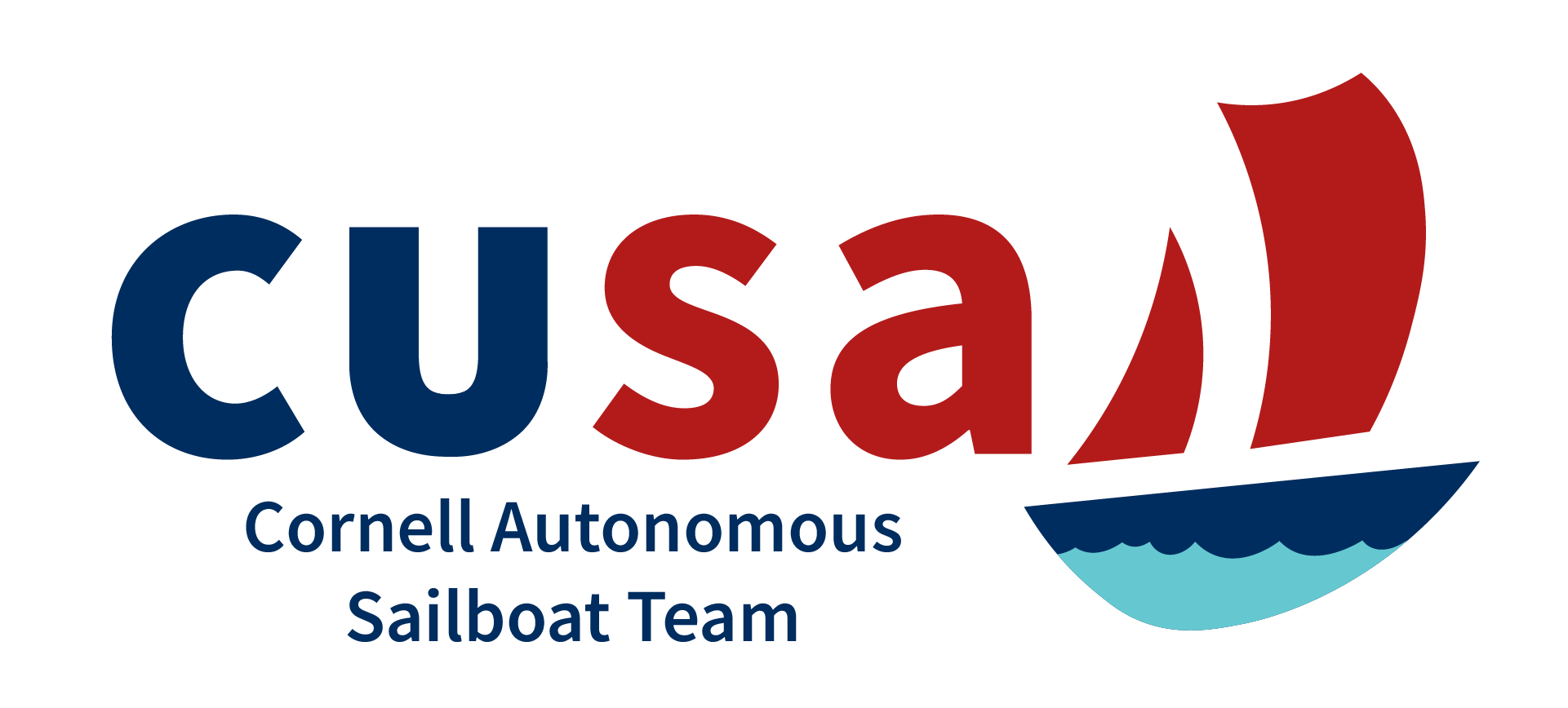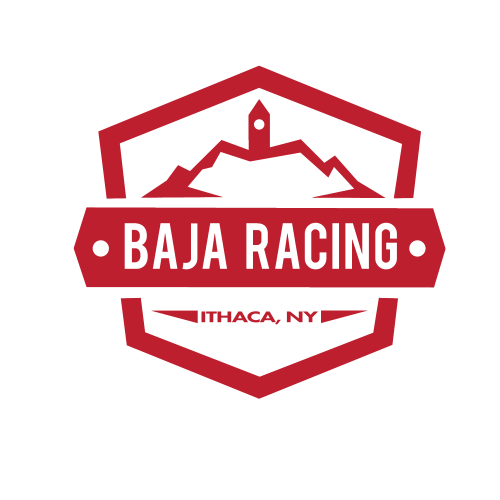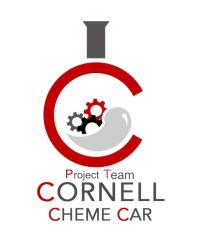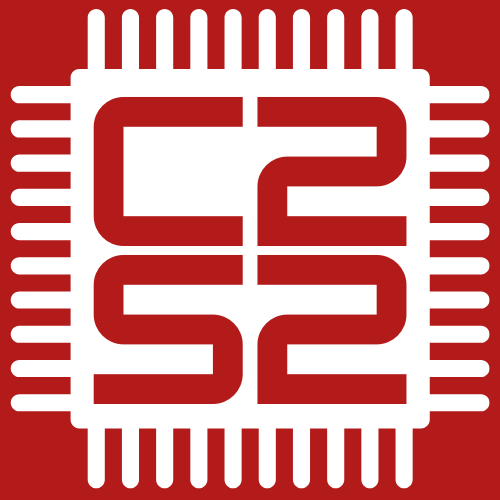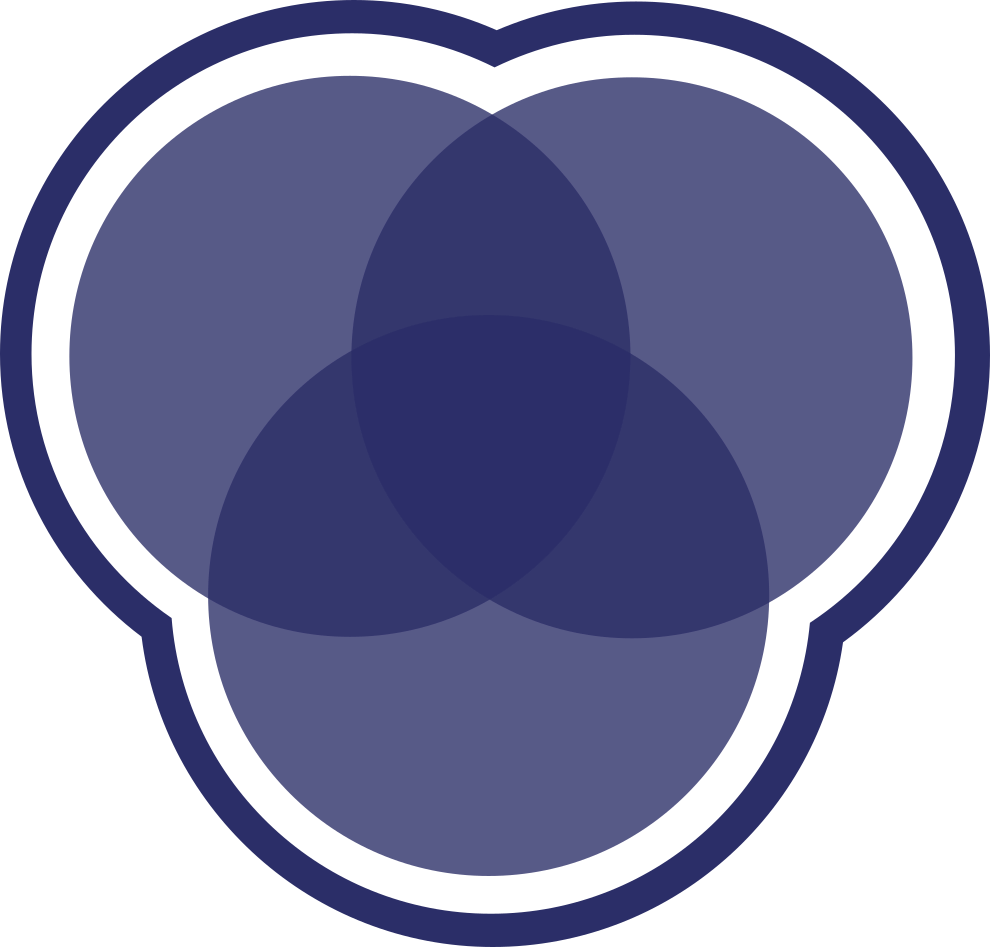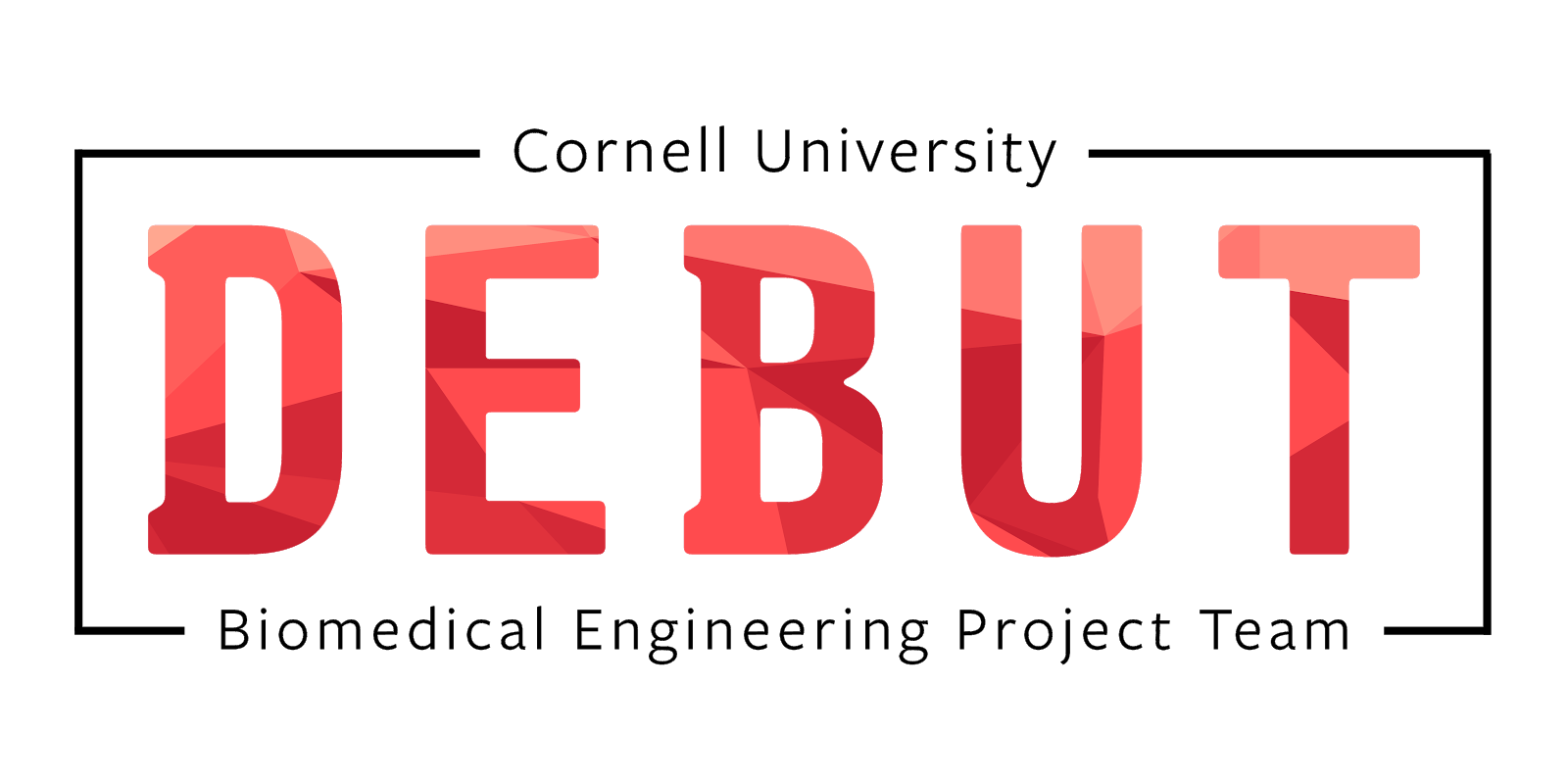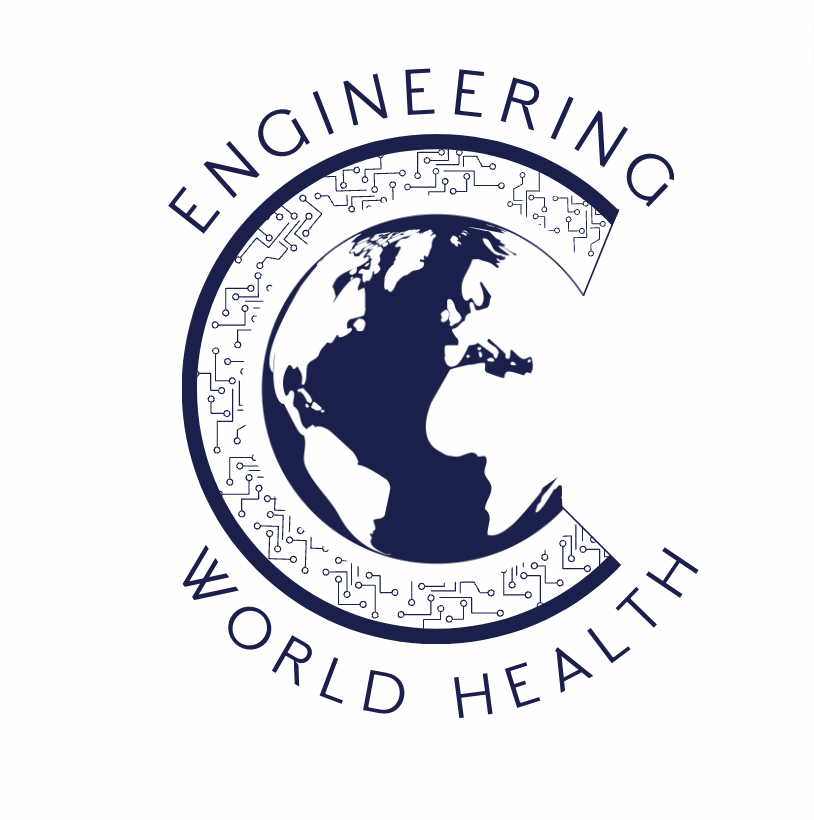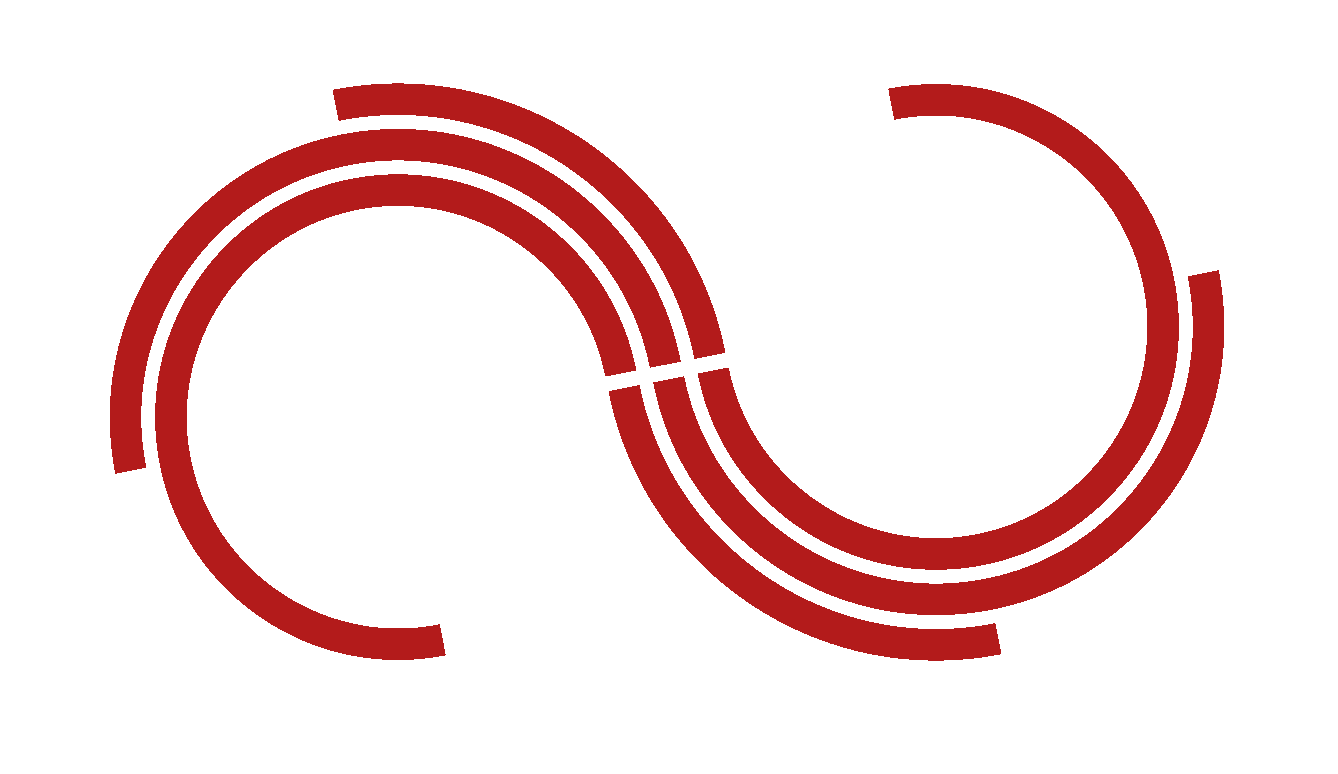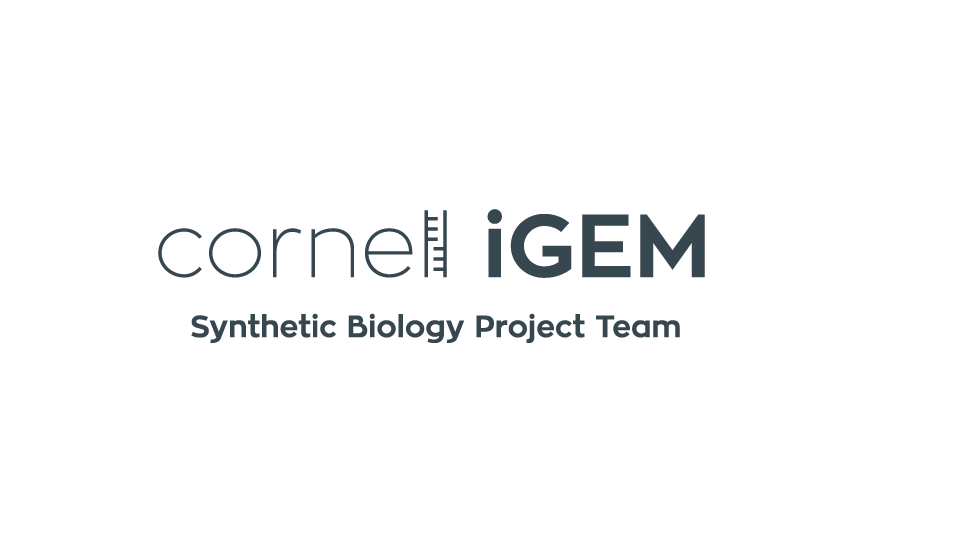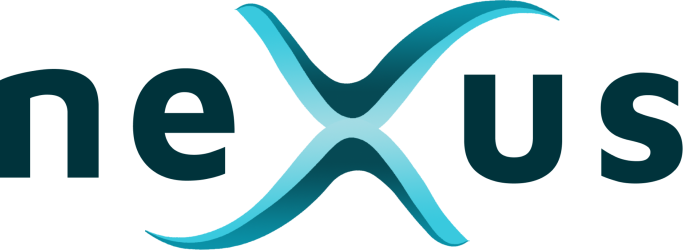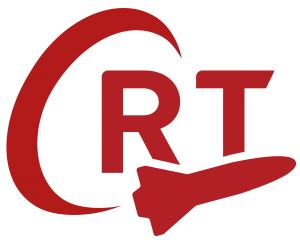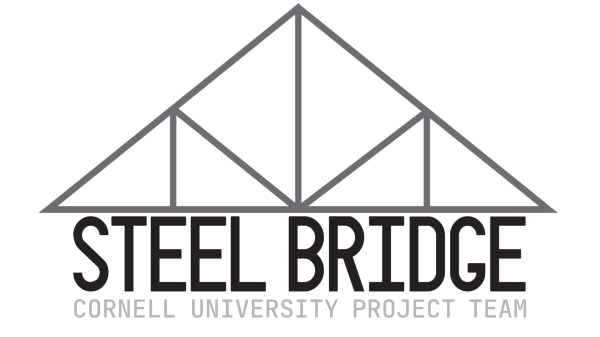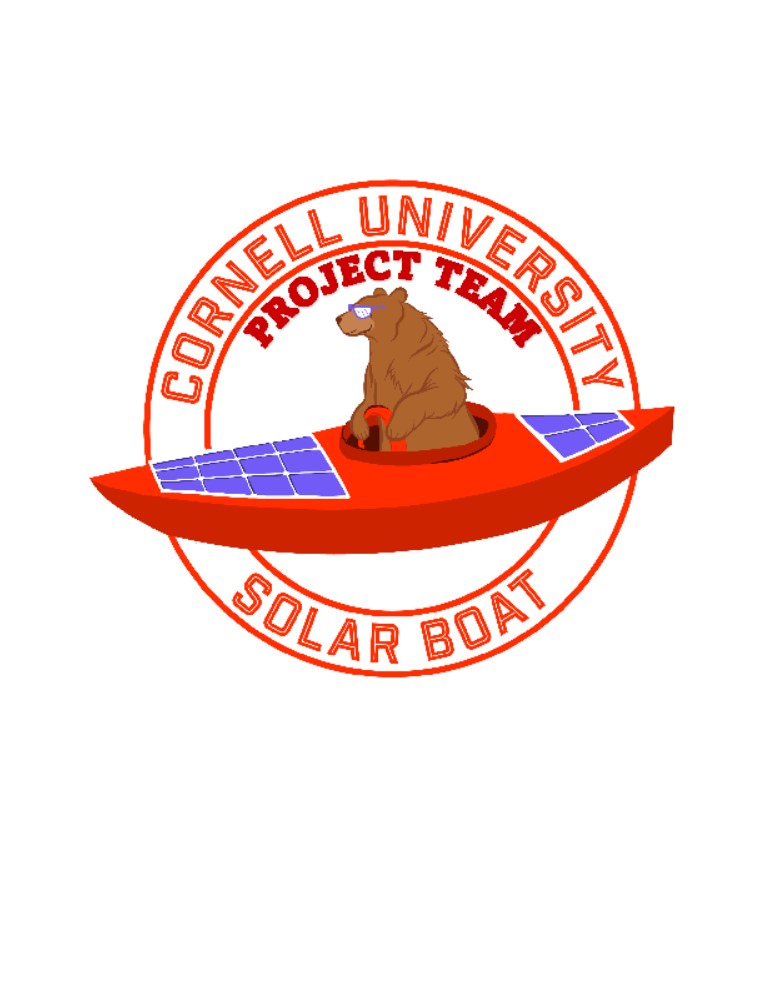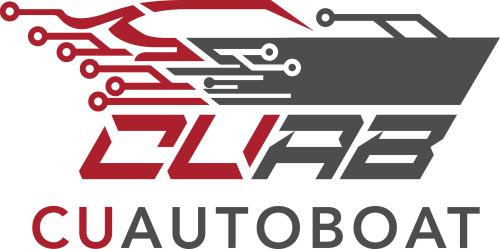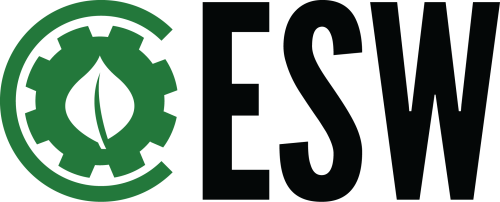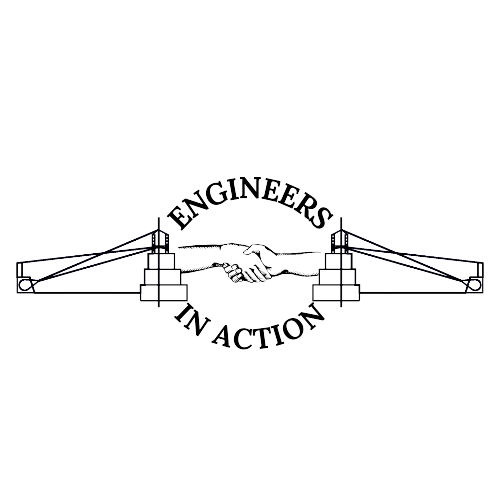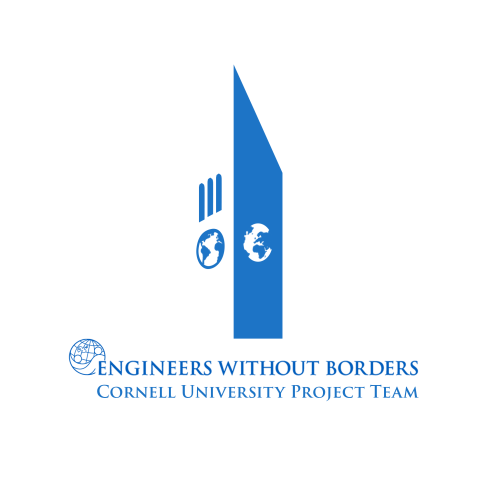
Active Project Teams
34 Project Teams; Endless Possibility
Engineering Student Project Teams provide students with a rich, multidisciplinary experience, working in diverse teams to tackle challenging, real-world problems. Many of our teams compete regionally, nationally, and internationally in engineering design and build competitions. Others work with local and global community partners or develop open-source apps and data-driven solutions. And if you look below the surface, our teams include sub-teams that specialize in a wide variety of technical challenges and also business, fundraising, operations, and logistics.
Design and build teams engage in a novel design process and build cycle each year. Their work often culminates with participation in regional, national, or global competition where they can test and validate their designs, receive valuable feedback, and network with peers and industry experts.
Our social impact teams engage directly with local and global community partners. They work to solve problems and develop creative solutions, while considering the needs, constraints, and priorities of their partners.
Student members of our app development and data-driven solutions teams gain experience at the intersection of theory and application. They work together to solve real-world problems, improve the lives of our community, and contribute to the education and learning of their fellow Cornellians through courses, workshops, and mentoring.
Learn more about the current Engineering Student Project Teams by browsing the list below!
AguaClara Cornell
Team Website
Support AguaClara Cornell
Team Overview
Founded in 2005, AguaClara Cornell pioneers research in community-scale water treatment technologies. AguaClara Cornell has partnered with AguaClara Reach and other local organizations to build fourteen AguaClara plants that provide safe water on tap to over 65,000 people, with the flagship plant in Ojojona, Honduras and other plants in India. The research, invention, and design project courses specific to AguaClara are focused on developing technology that can be used to improve the drinking water quality of surface water sources in the Global South. The program is structured to allow students with different levels of expertise to collaborate, invent, and change the world.
Size
Around 60 members
Subteams
Research and Fabrication Subteams: Electronic Hydrodoser, PVC Loads and Forces (PLaF), Filtration Model, Sensor Development, Fluoride Removal, Humic Acid Removal, Activated Carbon, pH Unit Process Analysis, Coagulant Dose Response, StaRS Filtration Theory, Upflow Anaerobic Sludge Blanket (UASB), String Digester, PF200, RAM Pump
Going Global Subteams: Public Relations, Investments and Grants
Apps and Algorithms Subteams: AguaClara Infrastructure Design Engine (AIDE), AIDE Onshape, AIDE Featurescript, AIDE Python, Plant Operations Smartphone Tracker (POST), Floc Size and Cout App (Floc App), Research IT, Onshape Fluid Simulation
Documentation Subteams: AC Tech Documentation Resources, AC Textbook Updates
Fields of Interest Covered
water treatment, environmental engineering, civil engineering, chemical engineering, mechanical engineering, computer programming, data analysis, public relations
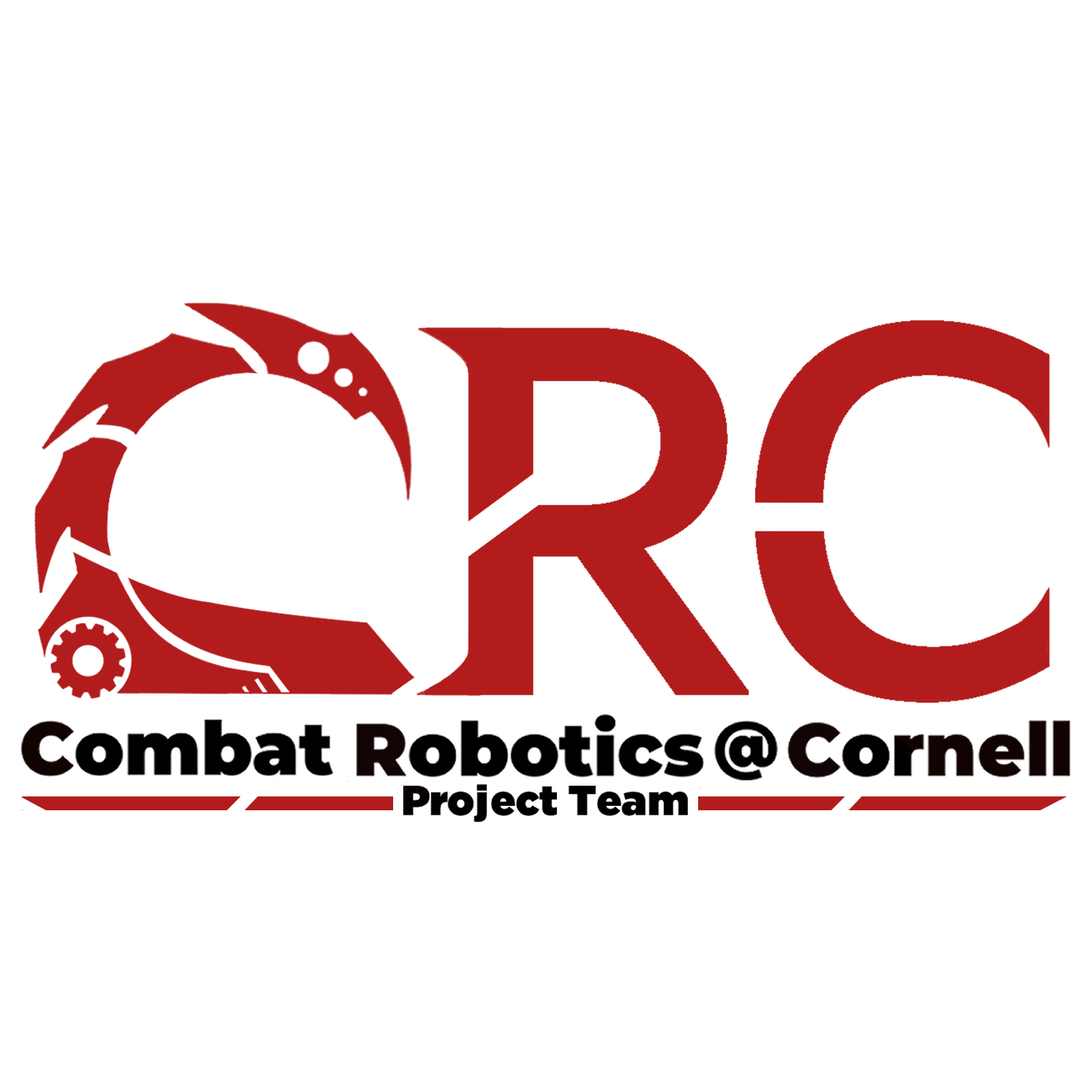
Combat Robotics @ Cornell (CRC)
Team Website
Support Combat Robotics @ Cornell
Team Overview
Founded in 2019, Combat Robotics at Cornell is a team whose goal is to design, manufacture, and bring to life remote control and autonomous combat robots.
Each year our Kinetic subteam designs and manufactures a robust high-kinetic energy robot. Similarly, our Sportsman subteam designs and manufactures a creative low-kinetic energy combat robot. These robots compete at the Norwalk Robot Havoc League (NHRL) in a series of 3-minute battles in an arena combat elimination tournament, akin to the popular TV show, Battlebots.
Our Firmware subteam works on autonomous capabilities for the end-of-year showcase, developing the software and implementing electrical connections for automating the combat robots built by the Sportsman and Kinetic subteams to perform a multitude of tasks.
Our Marketing subteam works on merchandise, promotional material, maintains alumni and corporate relationships, and secures funding for the team. Follow us on our social media pages!
Our new members take part in the 3lb onboarding training project in their first semester where members collaborate to develop multiple 3lb robots!
Size
20-25 members
Subteams
Marketing, Firmware, Kinetic, Sportsman
Fields of Interest Covered
Algorithm Design, Autonomous Navigation, Budget Management, Computer Programming, Computer-Aided Design (CAD), Corporate Relations, Electrical Engineering, Graphic Design, Manufacturing, Marketing and Public Relations, Mechanical Engineering, Mechatronics, PCB Design, Website Development
Cornell AppDev
Team Website
Support Cornell AppDev
Team Overview
Founded in 2014, Cornell AppDev is an open-source project team at Cornell that builds products to bring inspiration, professionalism, and community to app developers at Cornell. They do this by building apps using industry-level techniques with an emphasis on mobile development, cultivating a strong mentorship culture, and educating the next generation of Cornellians in our craft.
Over 10,000 students use this team's apps to find places to eat, get around Ithaca, and stay healthy. Over 300 students take AppDev's classes each semester to learn the most relevant fundamentals in iOS development, Android development, back end development, and digital product design.
Size
50–60 members
Subteams
iOS Development, Android Development, Backend Development, Product Design, Marketing
Fields of Interest Covered
app development, digital product design, marketing
Cornell Autonomous Bicycle
Cornell Autonomous Bicycle Team website
Support Autonomous Bicycle
Team Overview
Cornell Autonomous Bicycle is working to build a self-balancing, self-navigating, robotic bicycle. The team is solving problems involving balance, navigation, localization, obstacle avoidance, and autonomous starting/stopping.
Size
20–25 members
Subteams
Vision, Navigation, Controls, Mechanical, Electrical, Business
Fields of Interest Covered
computer vision, autonomous vehicles, control systems, mechanical engineering, electrical engineering, computer programming
Cornell University Biomedical Device
Team Overview
CUBMD is an interdisciplinary team of students formed under a shared interest for biomedical device innovation and the advancement of quality healthcare. Our goal each year is to design and develop a novel biomedical device and/or application that effectively addresses a pertinent issue in the medical field. This often involves work with biosensors, computer-aided design software, 3D printers, Arduinos, printed circuit boards, and Xcode. Though biomedical engineering is at the center of our annual project, we also have a supreme focus on making our device marketable and manufacturable. This team essentially mimics the environment and organization of a biotech start-up as we consult with professionals and potential consumers to improve upon our device design and functionality, and after performing successfully in biotech competitions, we hope to pursue patents or corporate partnerships to bring our device to fruition.
Size
30-40 members
Subteams
Product Development, Business, Outreach
Fields of Interest Covered
Biomedical engineering, mechanical engineering, electrical engineering, circuit design, computer-aided design (CAD), app development, business communications, market analysis, professional outreach
Cornell Autonomous Sailboat Team
Team Overview
CUSail is a Cornell University engineering project that designs and manufactures an inexpensive, autonomous robotic sailboat each year for the SailBot International Robotic Sailboat Regatta. CUSail offers students across many disciplines the opportunity to apply what they have been learning in the classroom to real world engineering problems of tomorrow. Using cutting-edge technology and advanced mechanical design, the team is exploring the uncharted waters that is the field of autonomous sailboats.
Size
30 members
Subteams
Business and Operations, Mechanical, Navigation
Fields of Interest Covered
autonomous navigation, computer programming, mechanical engineering, marketing, graphic design, web development, machining, computer vision, electrical engineering, PCB design, rapid prototyping, solar energy, algorithm design
Cornell Baja Racing
Team Website
Support Cornell Baja Racing
Team Overview
Cornell Baja SAE Racing is an engineering project team which annually designs, builds and races an off-road vehicle to compete in the SAE Collegiate Baja Design Series. Each year, the Baja team continues to innovate and improve—redesigning even the smallest components of the car. The competition requires students to balance design and cost with dynamic performance while following a strict set of safety guidelines and standardized rules. The team attends three North American competitions annually, each with 100 teams competing in several events including a 4 hour endurance race.
Size
40–50 members
Subteams
Drivetrain, Suspension, Frame, Brakes, Ergonomics, Business
Fields of Interest Covered
mechanical engineering, project management, business (sponsorships, marketing, travel, budgeting), ergonomics
Cornell ChemE Car
Team Website
Support Cornell ChemE Car
Team Overview
Cornell University ChemE Car is a student-run project team with the goal to build model cars entirely operated by chemical reactions. The team competes in both regional and national competitions sponsored by the American Institute of Chemical Engineers (AICHE) each semester. The projects are comprehensive, with different subteams focusing on power generation, electronic support, analytical chemistry, mechanical design, research and development, business and outreach and much more.
Size
40–50 members
Subteams
Battery Alpha, Battery Omega, RDC (Research, Development, and Consulting), Potions, Electronics, Mechanical, Business, Pressure
Fields of Interest Covered
mechanical engineering, chemical engineering, analytical chemistry, energy resources, circuit design, computer-aided design (CAD), laboratory skills and safety, computer programming, data analysis, financial analysis
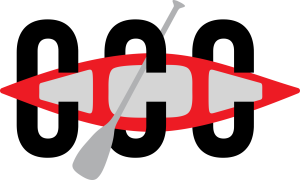
Cornell Concrete Canoe
Team Website
Support Cornell Concrete Canoe
Team Overview
The vision of Cornell Concrete Canoe is to create an improved lightweight concrete canoe able to float in water, while also focusing on a sustainable and environmentally friendly design. Every year, the team bands together to develop a brand new canoe engineered from concrete mixtures to compete in the spring ASCE Regional Concrete Canoe Competition. The Concrete Canoe team strives to collaborate to create the most innovative design boat possible while fostering a creative and fun hands-on learning experience.
Size
30–40 members
Subteams
Mix, Mold, Aesthetics, Analysis, Business & Logistics, Paddling
Fields of Interest Covered
civil engineering, structural design and analysis, chemical engineering
Cornell Custom Silicon Systems (C2S2)
The Cornell Custom Silicon Systems (C2S2) team is leveraging the emerging open-source ecosystem for semiconductor chips to design, implement, test, fabricate, and evaluate several custom computer chips. These chips will be fabricated in the SkyWater SKY130 process, and they will form the heart of a prototype system meant to address a pressing social need in collaboration with a campus partner. In addition to fabricating a custom computer chip, the team is also building the development board to host this computer chip and the software to run on this computer chip. This brand new team is just starting, and interested students should email c2s2-leaders-l@cornell.edu
Size
24 members
Subteams
Digital RTL Design, Analog Design, Software Development, System Architecture, Project Management
Fields of Interest Covered
computer science, computer engineering, electrical engineering, embedded systems
Cornell Data Science
Team Website
Support Cornell Data Science
Team Overview
Cornell Data Science (CDS) builds data-driven solutions to a variety of real-world problems. Previous CDS initiatives range from a scalable mapping system for better natural disaster response to a tool which can summarize Amazon reviews for a better user experience. CDS is a great place to meet people with diverse interests, gain experience at the intersection of theory and application, and contribute to the greater community through initiatives like the machine learning course the team teaches.
Size
60–80 members
Subteams
Intelligent Systems, Insights, Data Engineering, Algorithmic Trading
Fields of Interest Covered
machine learning, data analysis, software engineering
Cornell DEBUT
Team Overview
Cornell DEBUT is a team of undergraduate students spanning several majors who come together to develop innovative solutions for current biomedical problems and concerns. After two years of in-depth research and development, their project is submitted to VentureWell’s Design by Biomedical Undergraduate Teams (DEBUT) competition, where it is judged based on innovation, feasibility, marketability, and patentability. The first year is the ideation phase, consisting of in-depth research and brainstorming of potential products. The second year is the building phase, where the teams develops their product and prepares it for competition.
Size
Around 50 members
Subteams
Phase I, Phase II-A, Phase II-B, Operations
Fields of Interest Covered
biomedical engineering, biology, chemistry, computer science, economics, business, mechanical engineering, chemical engineering, physics
Cornell Digital Tech & Innovation (DTI)
Team Overview
Cornell DTI is a team of developers, designers, product managers, and business analysts who are passionate about creating applications for social impact. With 11 products across web and mobile, our 70 members work together to ideate, design, and implement products serving the Cornell and greater Ithaca community. Our products boast thousands of users, and include campus favorites such as QueueMeIn, CoursePlan, and CU Reviews.
Additionally, our team leads 2 training courses open to all Cornellians, Trends in Web Development and Propel, an incubator. We have been sponsored by the likes of Google, Apple, CapitalOne, and more.
Size
70–80 members
Subteams
Product-Based Teams, Developers (iOS, Android, Backend), Product Designers, Business Analysts/Associates
Fields of Interest Covered
website development, app development, digital product design, marketing (product, social media), finance, alumni relations, corporate relations/finance, data analysis, community impact/initiatives
Cornell Design Build Fly
Team Website
Support Cornell Design Build Fly
Team Overview
Participants of Cornell Design Build Fly (DBF) are exposed to engineering through the design of radio-controlled (RC) aircraft. DBF utilizes the process of designing, analyzing, manufacturing and optimizing RC planes as a means of providing team members with valuable aerospace engineering experience that translates into industry. Each year, the team is tasked with designing a plane from the ground up that meets a new set of requirements. The DBF team is composed of motivated, creative problem-solvers who have a desire to learn aerospace design techniques and apply them to real-world scenarios.
Size
Around 20 members
Subteams
Aerodynamics and Controls, Mechanical and Structural, Propulsion, Business
Fields of Interest Covered
mechanical design, aerodynamic analysis, component testing, manufacturing, rapid prototyping, scientific computing, business
Cornell Electric Vehicles
Team Website
Support Cornell Electric Vehicles
Team Overview
Cornell Electric Vehicles (formerly known as Resistance Racing) is a student-run engineering project team dedicated to building the world’s most energy efficient autonomous electric vehicle. Each year, the team competes in the Shell Eco-Marathon where, in 2019, their electric vehicle achieved an astounding 4700 MPGe, placing 3rd out of more than 20 teams. CEV gives students of all majors and ages the distinct opportunity to apply knowledge from classes to modern issues in engineering such as sustainable design, autonomous vehicles, and electric mobility.
Size
60 members
Subteams
Mechanical, Electrical, Software, Operations
Fields of Interest Covered
mechanical engineering, electrical engineering, computer programming, computer vision, motion planning, embedded systems, sensors and actuators, robotics, autonomous vehicles, data analysis, web development, graphic design, budget management, business, marketing, public relations
Cornell Engineering World Health
Team Website
Support Cornell Engineering World Health
Team Overview
The Cornell Engineering World Health (EWH) project team designs, constructs, and implements health solutions for underprivileged communities. Cornell EWH provides the ideal platform for students to develop both professionally and personally and deeply engage with the world around them. Although the members carry diverse academic interests and personal experiences, the multi-disciplinary team unites under the common goal of transforming the world through health technologies and welfare initiatives. Since its origin in 2012, Cornell EWH continues to delve into global challenges and turn ideas into reality.
Size
41 members
Subteams
Business, Software, Integrative Design, Electrical
Fields of Interest Covered
biological engineering, biomedical engineering, electrical engineering, information science, computer science, public health
Hack4Impact Cornell
Team Website
Support Hack4Impact
Team Overview
Hack4Impact exists for both nonprofits and students. We connect student software developers and designers with nonprofits and other socially responsible organizations to develop powerful new tools for social change. This enables nonprofits to further their mission and better engage their clients. We are committed to increasing awareness of technology's potential for good and in the past, we have worked in social impact sectors ranging from climate change to prison reform.
Size
40-50 members
Subteams
Developers, Designers, External, Finances
Fields of Interest Covered
social impact, non-profits, design, software development, website development, app development, data science, project sourcing, project management
Cornell Hyperloop
Team Website
Support Cornell Hyperloop
Team Overview
The mission of Cornell Hyperloop is to contribute to the development of Hyperloop, which is a proposed mode of passenger and freight transportation in which a pod travels through a frictionless, vacuum-sealed tube system at speeds exceeding 600 miles per hour. The team is working to revolutionize transportation by developing a Hyperloop pod from conceptualization and aims to participate in SpaceX’s annual Hyperloop competition.
Size
40-45 members
Subteams
Braking, Business Development, Hardware, Software, Propulsion, Suspension, Website Development
Fields of Interest Covered
electrical engineering, mechanical engineering, business, marketing, fundraising, design, software engineering
Cornell iGem
Team Website
Support Cornell iGEM
Team Overview
Cornell Genetically Engineered Machines (iGEM) is an award-winning synthetic biology research team comprised of over 30 undergraduate students in five subteams: Wet Lab, Product Development, Policy and Practices, Business, and Wiki/Design. Using techniques in genetic engineering, the team develops projects that address local and global problems related to medical applications, environmental concerns, and human and animal health. Each year, the team competes with over 300 multidisciplinary teams from all around the world at the iGEM Giant Jamboree, hosted by the International Genetically Engineered Machine Foundation.
Size
36 members
Subteams
Wet Lab, Product Development, Policy & Practices, Business, Wiki/Design
Fields of Interest Covered

Cornell Mars Rover
Team Website
Support Cornell Mars Rover
Team Overview
Since its establishment in 2010, Cornell Mars Rover aims to design an innovative semi-autonomous rover to compete in the annual University Rover Challenge. The team fosters creativity and intellectual growth through the development of its rover. As engineers, team members strive to cultivate a creative environment where brilliant young minds can develop innovative, intellectual, and leadership qualities through their vision of building a rover that may one day aid in the exploration of the final frontier.
Size
55-65 members
Subteams
Arm, AstroTech, Drives, Testing, Electrical, Software, Science, Business & Design
Fields of Interest Covered
mechanical engineering, computer programming, electrical engineering, astrobiology, 3D printing, computer aided design, marketing, business
Cornell Nexus
Team Website
Support Cornell Nexus
Team Overview
Cornell Nexus is building a solar-powered robot that filters microplastics while autonomously traversing beaches, picking up what cleanup volunteers can’t. Founded in March of 2020, the team is currently manufacturing the first iteration of their system while entering the second iteration of their design phase. Nexus enables students to work together and make a social impact through sustainable technological innovation.
Size
30-35 members
Subteams
Business Operations, Electrical, Mechanical, Software
Fields of Interest Covered
electrical engineering, battery and solar power, mechanical engineering, computer-aided design (CAD), computer programming, autonomous algorithms, project management, sponsorships, marketing, travel, budgeting

Cornell FSAE Racing
Team Website
Support Cornell FSAE Racing
Team Overview
Cornell Racing designs, builds, and competes a formula SAE racecar. This team provides an unrivaled learning experience that allows engineers to integrate classroom concepts with practical applications and compels students to overcome technical and collaborative challenges. The finished car is a testament to the team's incredible work ethic and dedication. Cornell Racing is currently working on its third electric vehicle, with a mature high voltage powertrain and composite chassis. It as grown to become one of the most formidable teams in the world with 9 international championship victories.
Size
55 - 70 members
Subteams
Chassis (Aero, Drivetrain, Ergonomics, Monocoque, Suspension, Unsprung), Powertrain (High Voltage, Low Voltage, Data), Business, and Systems Engineering.
Fields of Interest Covered
Mechanical Design and Analysis, Vehicle Dynamics, Composites, High Voltage Electronics, PCB Board Design, Project Management, and Corporate Relations.
Cornell Rocketry
Team Website
Support Cornell Rocketry
Team Overview
Cornell Rocketry is dedicated to designing, assembling, and launching high-powered rockets. Each year the team participates in the Spaceport America (SA) Cup, a competition with over 150 teams from all across the globe. The competition involves launching a high-powered rocket to an altitude of 10,000 ft with a specific and challenging payload that changes yearly.
Size
35–45 members
Subteams
Structures, Embedded Software, Electrical, Propulsion, Business, Recovery and Payload
Fields of Interest Covered
mechanical engineering, aerospace engineering, embedded systems programming, communications engineering, mechatronics, marketing, web development, business
Cornell Seismic Design
Team Website
Support Cornell Seismic Design
Team Overview
Cornell Seismic Design designs and constructs a 5 feet tall balsa wood structure to compete in the annual Seismic Design Competition, which is hosted by the Earthquake Engineering Research Institute. As well as aiming to create a building that survives all competition ground motions, the team also creates detailed structural analysis, a beautiful architectural rendering, and professional written and oral presentations to earn a high score. This is a civil engineering-oriented team which embraces members across many disciplines. Cornell Seismic Design welcomes anyone who is passionate about the built environment, sustainability, and urban resilience.
Size
21 members
Subteams
There are no subteams on Cornell Seismic Design. Members share in all the tasks.
Fields of Interest Covered
civil engineering, structural modeling, business, mechanical engineering, architecture
Cornell Steel Bridge
Team Website
Support Cornell Steel Bridge
Team Overview
Cornell Steel Bridge annually competes in the American Institute of Steel Construction Student (AISC) Steel Bridge Competition. Each year, the team designs, analyzes, fabricates, and constructs a bridge. Team members utilize their classroom knowledge to optimize a bridge with the lightest weight, fastest constructability, and lowest deflection. All members of the team are additionally encouraged to participate in the hands-on experience of bringing the bridge from theory to reality. The Cornell Steel Bridge allows all team members the opportunity to partake in the fabrication and construction process, in which they learn how to cut, drill, and weld components of the bridge together.
Size
25-28 members
Subteams
Design, Fabrication, Welding, Construction, & Business
Fields of Interest Covered
civil engineering, manufacturing, structural engineering, business
Cornell University Solar Boat
Team Website
Support Cornell University Solar Boat
Team Overview
Since its establishment in 2017, Cornell University Solar Boat (CUSB) has aimed to create the fastest, most powerful, ergonomic, and maneuverable solar and battery-powered single-occupant speed boat for the annual Solar Splash World Championship of Collegiate Solar Boating. The engineering subteams succeed in a number of diverse tasks including designing and building data acquisition systems, solar panel arrays, a hard-foam composite hull, and machining system specific components. The goal of CUSB is to provide an environment for students with the following learning objectives: to challenge students to work problems for which they have no direct training; to learn how to approach unfamiliar and difficult problems; to gain experience working as a team; to follow a “systems approach” to the project, and to follow the complete process of bringing an idea to reality through an iterative process of design, build, test, and modify.
Size
20–25 members
Subteams
Business, Drivetrain & Steering, Hull, Solar Panels, System Controls
Fields of Interest Covered
mechanical engineering, electrical engineering, computer science/programming, materials science and engineering, marketing, business, operations research
Cornell University Autonomous Underwater Vehicle (CUAUV)
Team Overview
CUAUV designs, builds, programs and tests two completely autonomous underwater vehicles every year to compete in AUVSI’s international RoboSub competition. The team is entirely undergraduate-run, consisting of students spanning numerous academic disciplines. As a seven-time RoboSub champion, CUAUV embodies a tradition of excellence and continuously pushes the envelope of autonomous underwater vehicle technology.
Size
53 members
Subteams
Mechanical, Electrical, Software, Business
Fields of Interest Covered
mechanical engineering, marketing, business, electrical engineering, computer programming
CUAir (Cornell University Unmanned Air Systems)
Team Overview
CUAir is an interdisciplinary project team which designs, builds, and flies a fully autonomous aerial search and rescue system. Team members work on projects like custom PCB design, composite manufacturing, graphic design, full stack software development, rapidly prototyped mechanical structures, machine learning algorithms, and much more! Each summer they take part in the AUVSI SUAS competition, competing against national and international teams on tasks like autonomous take-off and landing, waypoint navigation, automatic in-flight obstacle avoidance, target detection, classification and localization, and payload delivery.
Size
50+ members
Subteams
Design and Operations, Electrical, Platform, Intelligent Systems, Autopilot, Airframe, Ground Systems, Structures & Payloads
Fields of Interest Covered
mechanical engineering, software engineering, electrical engineering, graphic design, machine learning, artificial intelligence, composite material design, pcb design, rapid prototyping, mechanical testing, full stack development
CUAB – Cornell AutoBoat
Team Overview
Cornell AutoBoat is a fast-growing project team that designs and manufactures an Autonomous Surface Vehicle (ASV) to compete in the annual international RoboBoat Competition by RoboNation. This interdisciplinary team collaborates to tackle various design challenges that demonstrate novel maritime technology, including acoustic docking, complex path planning, computer vision, and object delivery. AutoBoat members are innovative problem-solvers pushing the boundaries of current mechanical and electrical design.
Size
40 members
Subteams
Hardware, software, business
Fields of Interest Covered
Mechanical engineering, electrical engineering, software engineering, business, composite part design and manufacturing, robotics, PCB design, computer vision, control algorithms, machine learning, website development.
CU Autonomous Drone (CUAD)
Team Overview
CU Autonomous Drone is a new project team focused on building autonomous drones to compete in the International Aerial Robotics Competition. The primary purpose of the IARC is to move the state-of-the-art in aerial robotics forward through the creation of significant and useful mission challenges that are considered 'impossible' at the time that they are proposed. Through competing in these competitions students gain real life experience for future success in industry.
Size
20–30 members
Subteams
Mechanical, Electrical, Business, CS
Fields of Interest Covered
mechanical engineering, CAD, electrical engineering, software engineering, computer vision, machine learning, quadcopters, drone technology, business
CU GeoData
Team Website
Support CU GeoData
Team Overview
CU GeoData is a new project team which designs, builds, and deploys instrumentation capable of recording a large variety of atmospheric, geologic, and hydrologic data. The team plans to partner with a number of different organizations, both private and government, to provide accurate data and environmental assessment. Currently, team members are planning to improve harmful algal bloom monitoring in Cayuga Lake and deploy unique payloads on atmospheric weather balloons. CU GeoData allows students from a diverse set of majors and programs to make important contributions to data collection and scientific understanding.
Size
20–30 members
Subteams
Air, Rock, Water, Tech, Business
Fields of Interest Covered
earth and atmospheric science, environmental engineering, instrument design, data analysis, business, science communication
Engineers for a Sustainable World - Cornell
Team Website
Support Engineers for a Sustainable World - Cornell
Team Overview
Engineers for a Sustainable World (ESW) is an engineering project team committed to forging innovative, lasting solutions for local and global sustainability challenges. Since its establishment in 2002 at Cornell, ESW has expanded to a national, non-profit network with over 50 college, university, and city chapters with more than 4,000 student, faculty, and professional members. ESW Cornell comprises three major teams: Biofuels and Environmental Design, Renewable Energy Solutions, and Carbon Neutrality.
Size
60–70 members
Subteams
Biofuels and Environmental Design, Renewable Energy Solutions, Carbon Neutrality
Fields of Interest Covered
sustainability, renewable energy, intersectional environmentalism, education outreach, research & development, business, marketing
Engineers in Action
Team Website
Support Engineers in Action
Team Overview
Engineers in Action empowers today's students to become tomorrow's global leaders by building bridges with underserved communities. Team members envision a world in which global citizens connect across cultures to improve quality of life and ensure geography does not determine access to opportunity. The team makes this vision a reality through work done on subteams by: preparing suspended pedestrian bridge designs for construction on site; learning and preparing for new intercultural experiences when traveling abroad for implementation; and ensuring that the team has the visibility and the funding to be able to accomplish this mission.
Size
25-35 members
Subteams
Business, Cultural, Engineering
Fields of Interest Covered
mechanical engineering, civil engineering, materials science and engineering, business, intercultural relations
Engineers Without Borders – Cornell
Team Website
Support Engineers Without Borders – Cornell
Team Overview
Engineers Without Borders - Cornell is a group of passionate and highly motivated students who aim to design and implement long-lasting sustainable engineering solutions to problems in international and domestic communities. Through collaboration with communities in developing countries around the world, team members are exposed to a variety of cultures and experiences and are given the opportunity to gain real-world experience and global awareness. Current projects include an irrigation system in Sunuka, Tanzania, an airborne drone and ground rover system to assess the health of large plots of crop field, a carbon-offsetting app, and small mobile trailer homes to house individuals experiencing homelessness.
Size
45 members
Subteams
Business, Digital Agriculture, Domestic, Software Development, Tanzania
Fields of Interest Covered
community-driven international development projects, sustainability, irrigation, machine learning, software development, structural engineering, business, civil engineering, computer science, electrical engineering, environmental engineering, mechanical engineering
More Experiential Learning Opportunities
The College of Engineering and the University offer many other experiential learning opportunities beyond Student Project Teams. Be sure to check them out!
- Experience at Cornell
- Undergrad research
- Community engaged learning or service
- Engineering student orgs and clubs like Cornell Cup Robotics

Cornell Cup Robotics
Team Overview
Founded in 2010, Cornell Cup Robotics is a student research organization that designs,
manufactures, and creates innovative projects relating to educational technology and
human robotic interaction. Projects on the team are showcased at conferences and are
supported by numerous robotics and technology companies including Intel, Autodesk,
and Arm Empowered.
Size
60-70 members
Subteams
Mechanical, Computer Science, Electrical, Business/Communications
Fields of Interest Covered
Research & Development, Computer-Aided Design (CAD), Rapid Prototyping with inhouse
machine shop, desktop CNC training, Computer Vision, PCB and circuit Design,
Mechatronics, Project Management, company outreach, web development


